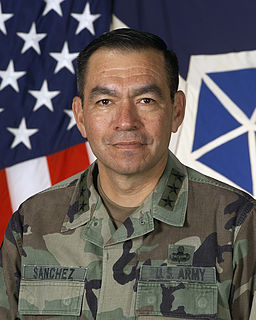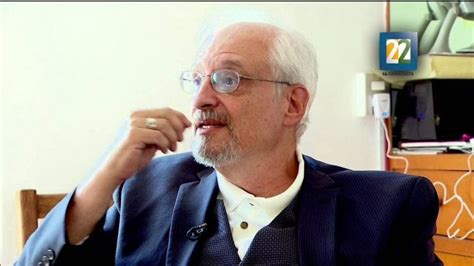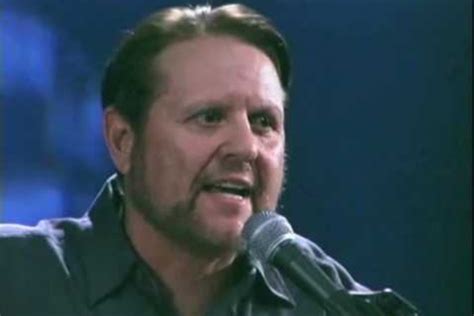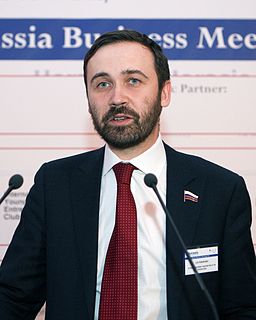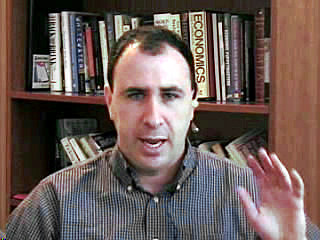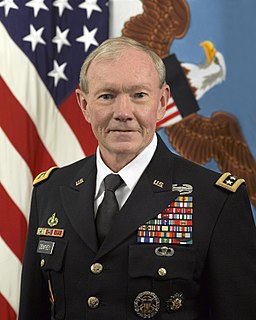A Quote by Paul Craig Roberts
The neoconservative ideology supports American financial and military-political imperialism or hegemony.
Related Quotes
In the aftermath of the terrorist attacks of September 11, 2001, I watched helplessly as the Bush administration led America into a strategic blunder of historic proportions. It became painfully obvious that the executive branch of our government did not trust its military. It relied instead on a neoconservative ideology developed by men and women with little, if any, military experience. Some senior military leaders did not challenge civilian decision makers at the appropriate times, and the courageous few who did take a stand were subsequently forced out of the service.
Some politicians are scared of Putin and some are extremely apologetic, actually. And I feel very sorry for this because some people who are like my friends from the left flank, they praise Putin because they see him as the fighter against American imperialism, which he is not. You know, why would you select between American imperialism and Russian imperialism? To my mind, it's exactly the same thing.
Illiberal left ideology has its greatest strength on campuses because campuses are one of the few places in American life where a certain kind of far-left politics can actually impose hegemony on other ideas and really control the discourse in a way it can't in most places in American life where even moderate liberals are more of a minority.
American imperialism has suffered a stunning defeat in Indochina. But the same forces are engaged In another war against a much less resilient enemy, the American people. Here, the prospects for success are much greater. The battleground is ideological, not military. At stake are the lessons to be drawn from the American war in Indochina; the outcome will determine the course and character of new imperial ventures.
The Greek city-states politicised citizen and subject, creating institutions that were way ahead of anything in China or India. The politicians of antiquity exercised a political and military, if not economic, hegemony on the culture as a whole. The idea of democracy was first born and practised here.


